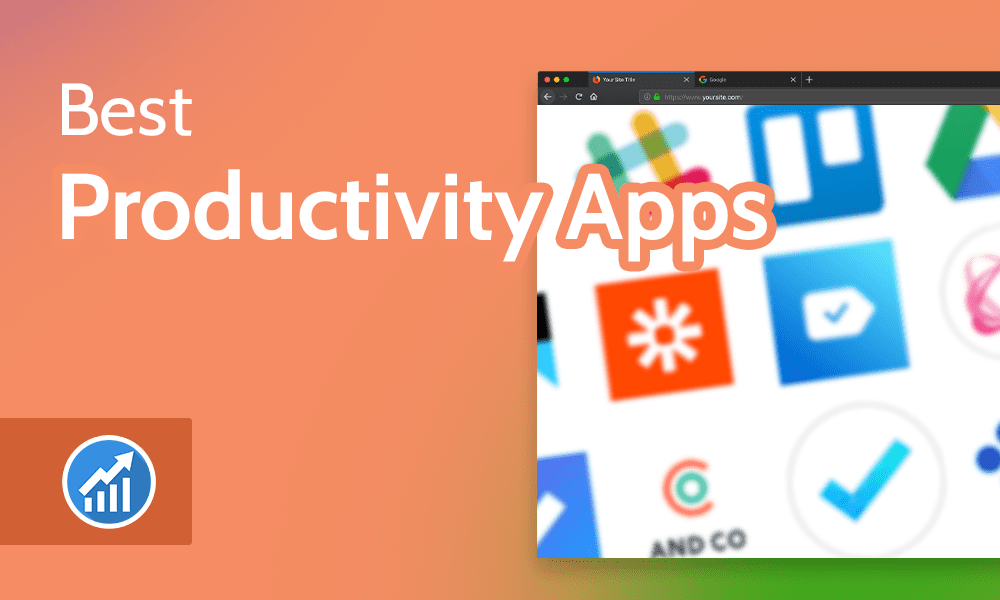
Artificial Intelligence (AI) and Machine Learning (ML) are two of the most exciting and rapidly growing fields in tech. With applications spanning across various industries—such as healthcare, finance, autonomous vehicles, and entertainment—AI/ML professionals are in high demand. If you’re interested in starting a career in this dynamic field, here’s a roadmap to help you get started.
1. Understand the Fundamentals of AI and ML
Before diving into the technical aspects of AI and ML, it’s important to get familiar with the foundational concepts.
- Artificial Intelligence: Refers to the simulation of human intelligence in machines that are programmed to think, learn, and problem-solve. AI includes areas like natural language processing (NLP), computer vision, robotics, and speech recognition.
- Machine Learning: A subset of AI that allows machines to learn from data and improve their performance without being explicitly programmed. ML techniques include supervised learning, unsupervised learning, reinforcement learning, and deep learning.
Key concepts to grasp:
- Algorithms (e.g., linear regression, decision trees, clustering)
- Training and testing data
- Overfitting and underfitting
- Bias-variance trade-off
- Model evaluation metrics (accuracy, precision, recall, F1 score)
2. Learn Key Skills and Technologies
To break into AI/ML, you’ll need a mix of programming, mathematical, and domain-specific knowledge. Here are the essential skills to focus on:
Programming Skills:
- Python: Python is the most popular programming language for AI/ML. It has extensive libraries (like NumPy, Pandas, Matplotlib, Scikit-learn, TensorFlow, and PyTorch) that are widely used in the industry.
- R: Particularly useful for statistical analysis and data visualization, R is another language commonly used in ML projects, especially in academia and data science.
- Java and C++: While less commonly used in AI/ML than Python, Java and C++ are often used for performance-critical applications.
Mathematical and Statistical Knowledge:
- Linear Algebra: Understanding matrices, vectors, and operations on these is crucial for working with machine learning algorithms.
- Probability and Statistics: Many ML models are based on statistical principles, so understanding concepts like distributions, Bayes’ theorem, hypothesis testing, and confidence intervals is vital.
- Calculus: Techniques such as gradient descent, used in optimization for training models, rely on calculus, specifically partial derivatives.
Key AI/ML Libraries and Frameworks:
- Scikit-learn: A Python library that offers simple and efficient tools for data mining and machine learning.
- TensorFlow and PyTorch: Two popular deep learning frameworks for building neural networks.
- Keras: An open-source neural network library, often used with TensorFlow.
- OpenCV: A library focused on real-time computer vision applications.
Data Handling and Preprocessing:
- Learn how to clean, process, and transform data using libraries like Pandas and NumPy.
- Understand how to handle missing data, feature scaling, feature selection, and data augmentation.
3. Take Online Courses and Tutorials
There are plenty of online resources to help you get up to speed with AI/ML. Some great starting points include:
Free and Paid Online Courses:
- Coursera: Offers a range of AI/ML courses from top universities like Stanford, Google, and University of Toronto.
- “Machine Learning” by Andrew Ng (Stanford University): One of the most popular introductory courses on ML.
- “Deep Learning Specialization” by Andrew Ng (Coursera): A more advanced series focused on deep learning and neural networks.
- edX: Provides courses from universities like MIT, Harvard, and Microsoft.
- “Artificial Intelligence” by Columbia University is an excellent starting point.
- Udemy: Offers budget-friendly, hands-on tutorials on specific AI/ML topics (e.g., data science, neural networks, NLP).
- Fast.ai: Offers a practical, hands-on deep learning course that’s well-suited for beginners who want to dive into deep learning quickly.
- Kaggle: Kaggle offers free access to datasets and competitions, as well as micro-courses on topics like Python, ML, and deep learning.
4. Work on Projects and Build a Portfolio
Hands-on experience is crucial to solidifying your understanding of AI/ML concepts. Start working on personal projects that showcase your skills.
- Kaggle Competitions: Kaggle is a platform that hosts data science and ML competitions. Participating in these competitions can help you improve your skills and get noticed by potential employers.
- Personal Projects: Build projects that align with your interests. Some ideas include:
- A recommendation system (e.g., like the one used by Netflix or Amazon)
- A sentiment analysis tool for social media posts
- An image classification model using deep learning
- A chatbot using NLP techniques
- GitHub: Upload your projects to GitHub, where potential employers can see your code and contributions. Ensure your projects have clear documentation, as this will help demonstrate your ability to communicate complex ideas.
5. Stay Current with AI/ML Research and Trends
AI/ML is a fast-moving field, and it’s essential to stay updated on the latest advancements. Here are some ways to stay current:
- Follow AI/ML blogs and YouTube channels: Many leading AI professionals share insights on platforms like Medium, Towards Data Science, or YouTube.
- Research papers: Read papers published at top AI conferences like NeurIPS, ICML, and CVPR. ArXiv.org is a free preprint repository where you can find cutting-edge research.
- Podcasts: Podcasts like “The AI Alignment Podcast” and “Data Skeptic” can help you keep up with the latest trends in AI and machine learning.
6. Network and Get Involved in the AI/ML Community
Networking and joining AI/ML communities can help you learn from others and find job opportunities.
- Join online communities: Platforms like Stack Overflow, Reddit’s Machine Learning community, and AI/ML-related Discord channels are great places to ask questions, share knowledge, and learn from peers.
- Meetups and conferences: Attend AI/ML conferences and meetups (either virtually or in person) to connect with professionals in the field.
- Contribute to open-source projects: Open-source projects related to AI/ML can be a great way to gain experience, contribute to the community, and build a strong professional network.
7. Apply for Internships or Entry-Level Positions
Getting a job in AI/ML, especially without prior experience, can be challenging, but internships and entry-level positions are a great way to get started.
- Internships: Many companies offer internships for individuals just starting their AI/ML careers. These positions provide hands-on experience and often lead to full-time offers.
- Junior/Entry-Level AI/ML Jobs: Look for junior positions or roles such as Data Analyst, Junior Data Scientist, or ML Engineer to get your foot in the door.
- Startups: Consider applying to smaller tech startups, where you may have the chance to take on multiple roles and learn rapidly in a less structured environment.
8. Pursue Advanced Education (Optional)
While not required, obtaining a higher degree can help you gain a deeper understanding of AI/ML and open doors to more advanced positions.
- Master’s or PhD in Computer Science, Data Science, AI, or related fields. These degrees can be especially valuable for research-oriented or academic roles.
- Many universities offer specialized AI/ML programs. Some online master’s programs, like the Master of Science in AI at Stanford University or Georgia Tech’s Online Master of Science in Computer Science, are highly regarded in the industry.
Conclusion
Starting a career in AI/ML requires a combination of technical skills, practical experience, and ongoing learning. With a strong foundation in programming, mathematics, and machine learning algorithms, you can begin building projects and gaining hands-on experience. Staying connected to the AI/ML community, seeking internships, and continually upgrading your skills will help you succeed in this exciting field.
AI and ML are transforming industries, and the demand for qualified professionals is only growing. By following the roadmap above, you can position yourself for a rewarding and impactful career in these innovative fields.




